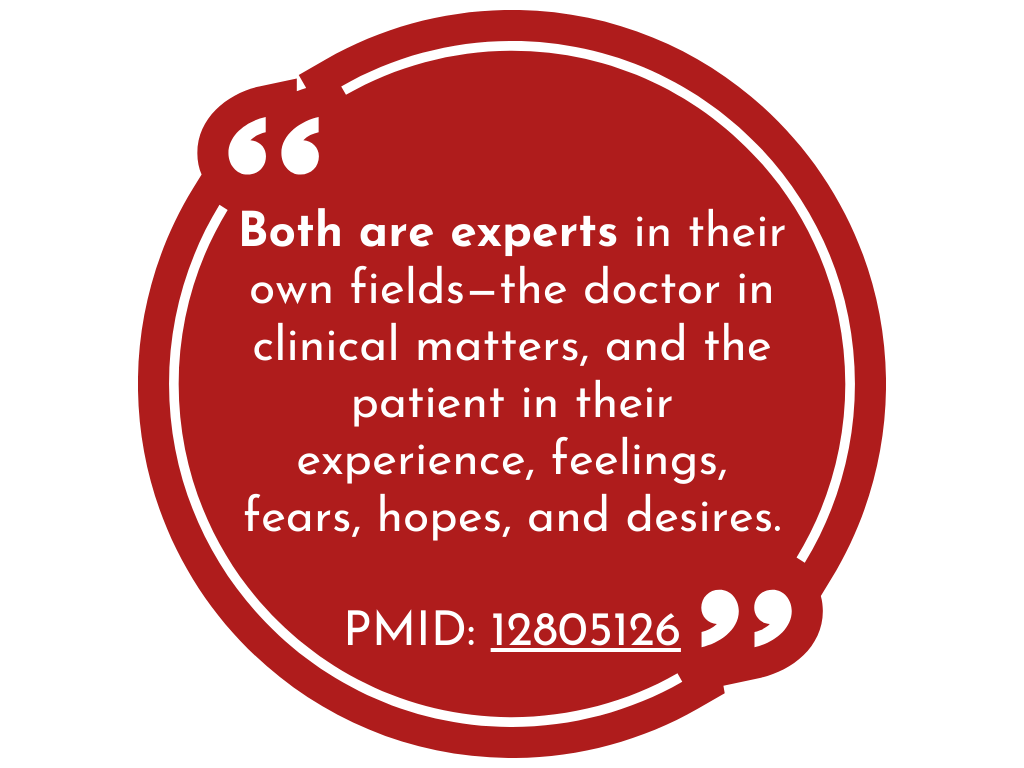What if some venous thromboembolisms (VTEs) aren’t “unprovoked” after all ?
Research continues to build on the knowledge that lifestyle choices play a role in blood clot prevention.
Unprovoked VTE could be reduced by 12% (108,000 cases) in the general population, with lifestyle modifications (PMID: 33191841)
This was the spark for Speaking of Blood Clots.
To highlight that lifestyle counseling is an underutilized but important conversation for unprovoked venous thromboembolism. (VTE)
Val Conley
Blood clot survivor (VTE) FOUNDER, SPEAKING OF BLOOD clots
“I want my survivor story to reflect hope, first.
Then I want to educate women recognize how lifestyle choices and self advocacy impact blood clot risks, recovery and living well on long-term “blood thinners” (anticoagulants.)”
about us
Our Mission: Elevate the voices of women to valued partner in their healthcare journey.
Advocate for lifestyle intervention to be the foundation of a blood clot prevention and management plans.
How We Engage Our Mission:
- Through evidence-based education, courses, and speaking to women’s groups and healthcare organizations.
- Illustrating clear, simple steps for implementing positive lifestyle habits that sustainable and recommended for cardiovascular health.
This approach helps bridge health care communication gaps between women and their doctors.
A gap women often describe as dismissing their experience and lacking direction in their care, recovery and navigating life beyond blood clots.
Faith: fueling our belief in physical and mental recovery from blood clots, reflecting hope for our journey and evidence of healing beyond what is immediately visible.
Empowerment: educating women to become confident, valued, critical thinkers and partners in their health and wellness care.
Collaboration: valuing the role of healthcare providers, and emphasizing shared decision-making.
Individualized Care: recognizing evidenced-based research is generally geared for healthy women. Women blood clot survivors are unique, requiring context and nuance and an individualized risk vs benefit healthcare approach for their specific needs.
Education: equipping women with the evidence-based knowledge and tools they need to make informed decisions about their health and wellness.
Community: cultivating a SMART community for women taking action to implement their doctor approved healthy lifestyle prevention and recovery plan geared towards blood clots.


